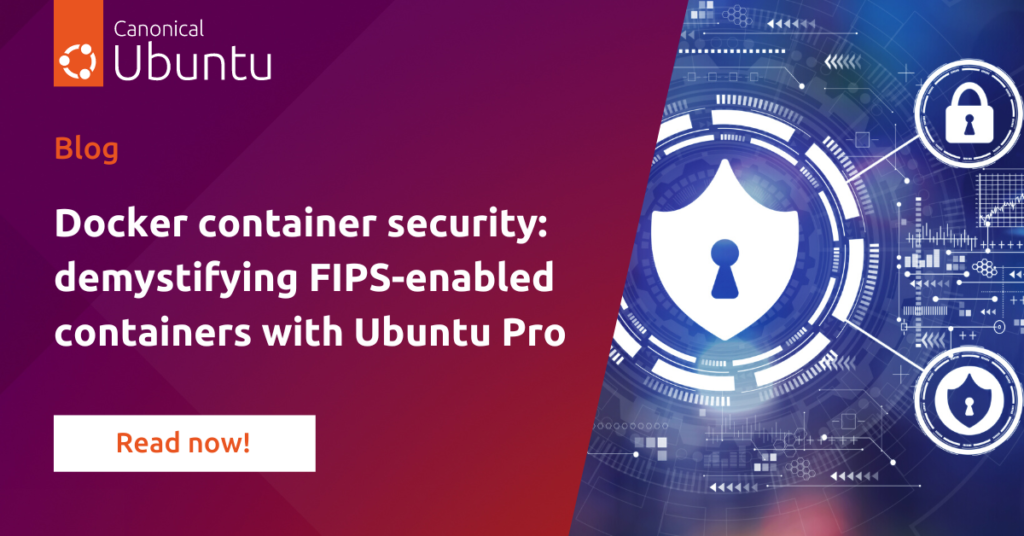In today’s rapidly changing digital environment, the significance of robust Docker container security measures cannot be overstated. Even the containerised layer is subject to compliance standards, which raise security concerns and compliance requirements.
Docker container security measures entail safeguarding our lightweight, appliance-type containers –each encapsulating code and its dependencies– from threats and vulnerabilities.
For sectors like public health relying on handling sensitive personal data, compliance standards –like FIPS– complement security measures by providing a structured approach to protect against potential breaches, preserve customer trust, and avoid liabilities.
This can range from robust access control configuration, such as entirely removing the use of the root user, to comprehensive vulnerability management practices, from decreasing the attack surface to properly and rapidly handling inevitable CVEs.

